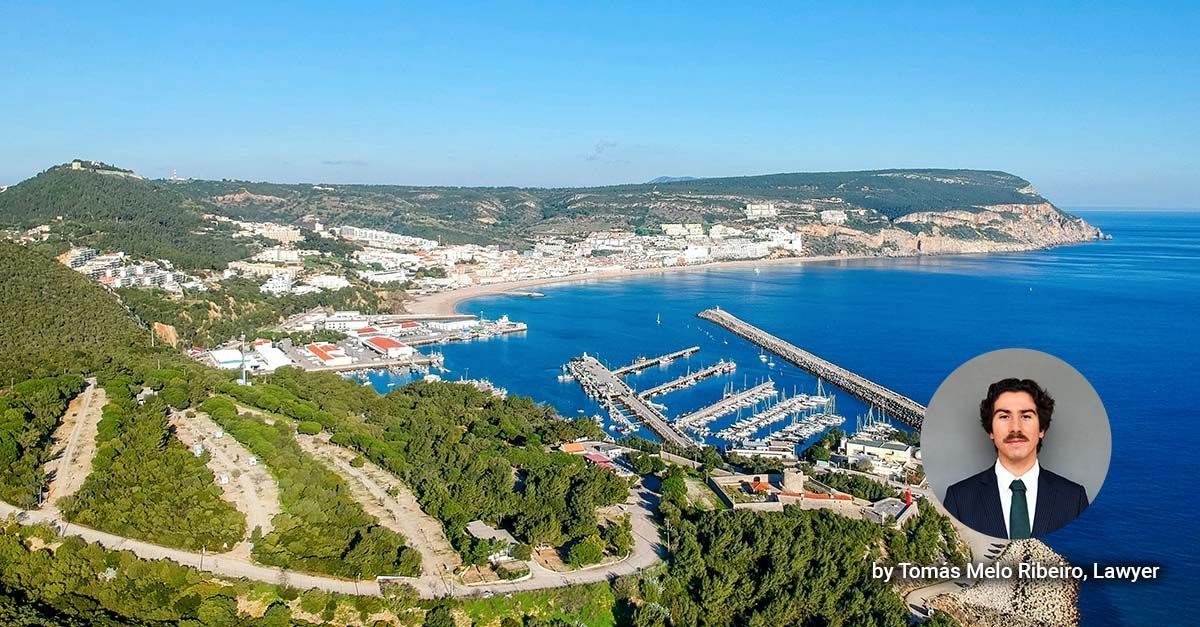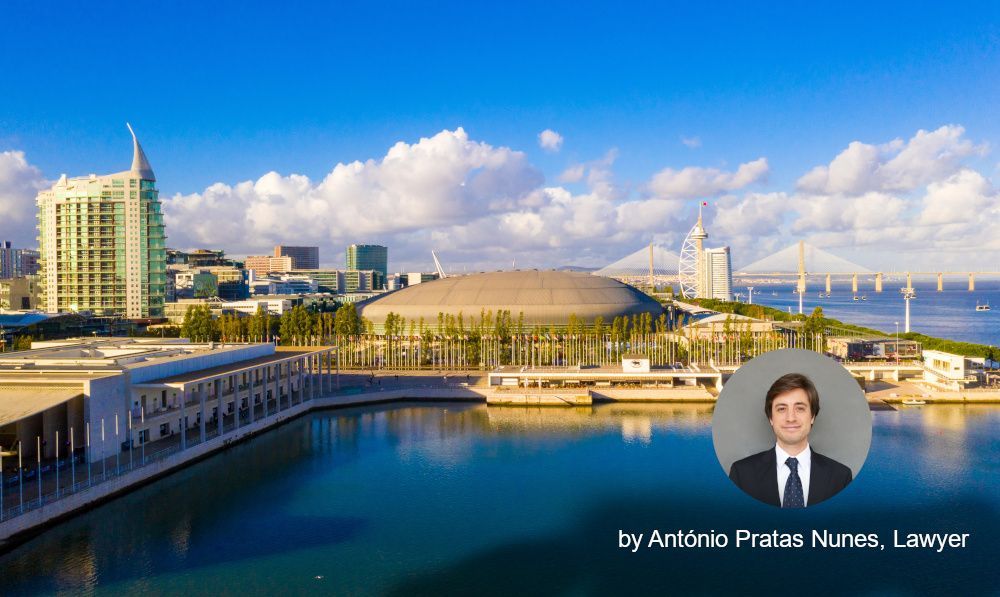AIMA Update: New Requirements for Terms of Responsibility in Portugal
The Agency for Integration, Migration, and Asylum (AIMA) has announced a significant update concerning terms of responsibility. This measure involves a legally residing individual in Portugal assuming responsibility for an immigrant who has recently relocated to and now resides in the country.
According to the announcement, beginning on 4th November 2024, a term of responsibility will only be valid if it holds formal legal recognition. This recognition can be obtained through a notary (at a notary office), a lawyer, or a solicitor.
From the aforementioned date onwards, any terms of responsibility lacking formal legal recognition will no longer be accepted. This update was officially announced on Monday, 28th October 2024, through an official statement by the Agency for Integration, Migration, and Asylum (AIMA).
AIMA emphasises that the individual who assumes responsibility by signing the term of responsibility is fully accountable for the foreign national’s actions while residing in Portugal. This responsibility extends to providing for essential needs, including accommodation and food, throughout the duration of their stay.
Furthermore, the designated “sponsor” is also obligated to bear any necessary repatriation costs should the situation arise, in addition to ensuring full compliance with Portuguese law in force at the time.
Caution is strongly advised when assuming a term of responsibility, as the designated “sponsor” must be prepared to cover repatriation expenses should the individual fail to secure a residence permit. Additionally, the sponsor shares liability for any legal infractions committed by the foreign national during their stay in Portugal. The sponsor also assumes the costs in the event of the immigrant's death in Portuguese territory, whether for burial or for the repatriation of the body to the citizen's country of origin.
AIMA has confirmed that the current model for the term of responsibility, Model 4, remains unchanged. The sole modification pertains to the requirement for legal recognition of the document, which can now only be provided by a lawyer, solicitor, or notary.
This term of responsibility, established under Law No. 23/2007, commonly referred to as the Foreigners Law, was amended in June 2023.
This legal protection measure has been in place for some time and, in specific instances, serves as an alternative to the requirement for foreigners to demonstrate financial means to support themselves while seeking employment in the country.
If you require legal recognition for a term of responsibility or have questions about these recent changes, please feel free to
contact us. Our team is ready to offer the legal support you need.











